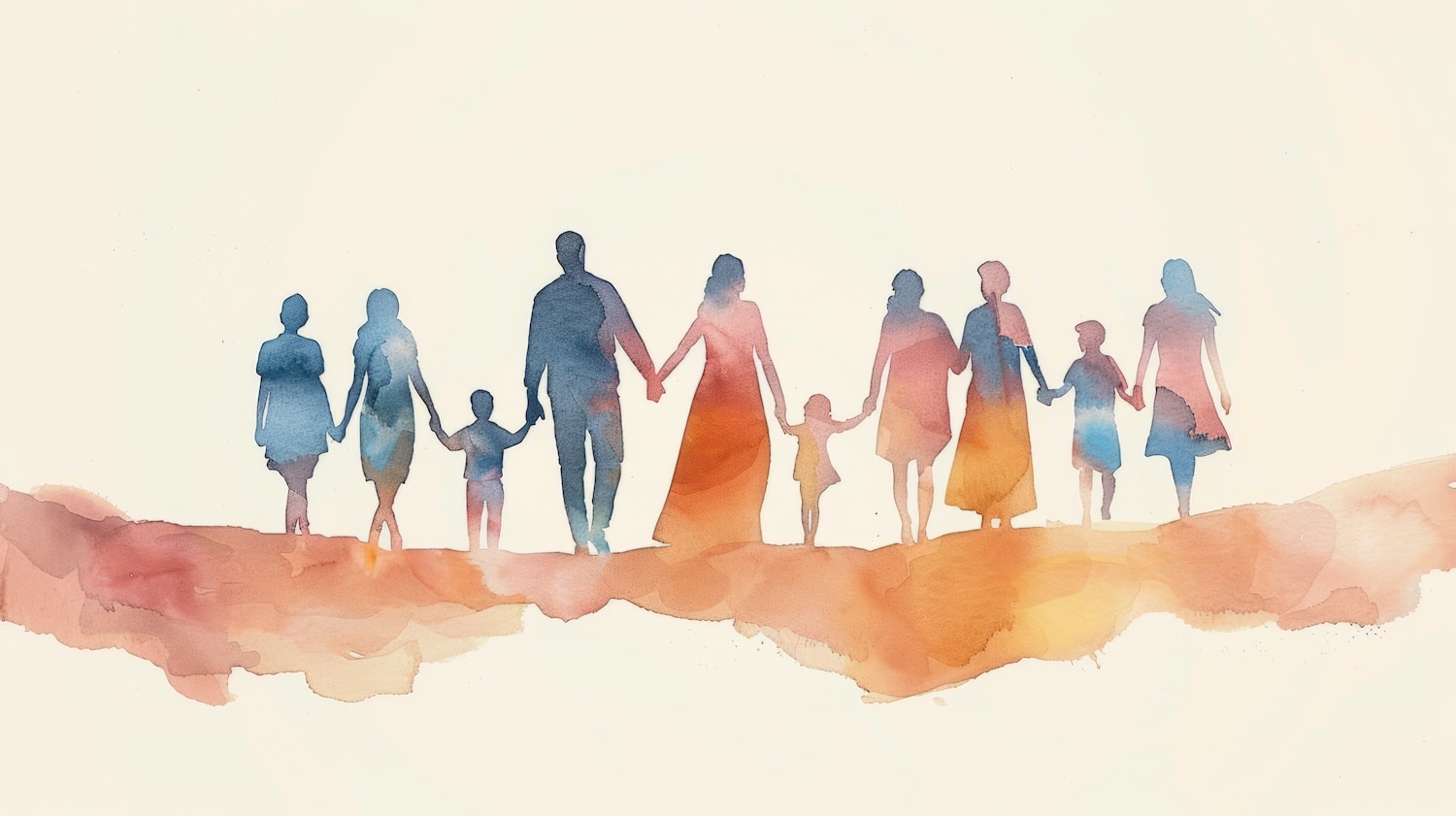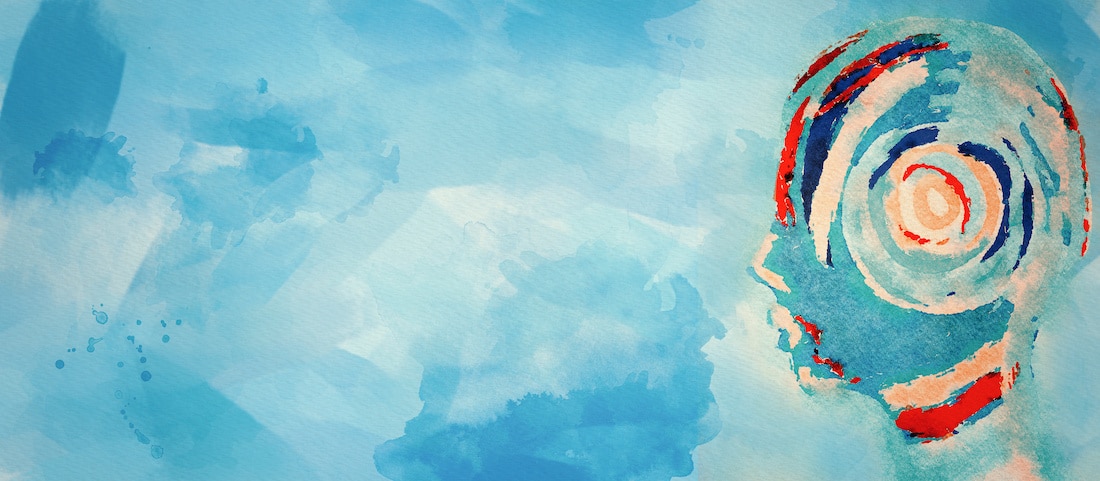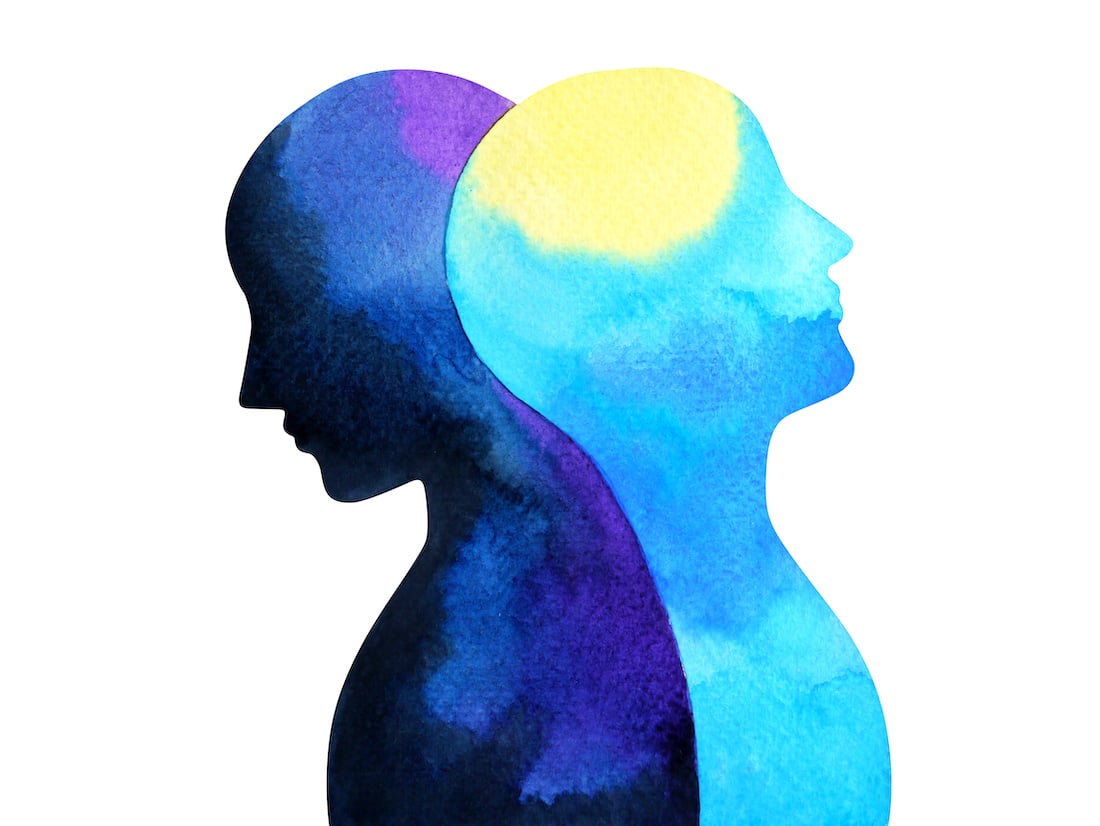On the evening of June 17, Dylann Roof walked into a Wednesday night Bible study at a historically African-American church in Charleston, listened for an hour and then allegedly began shooting. Nine individuals lost their lives.
Within days of the attack, major U.S. news outlets like Newsweek magazine were stating confidently that Roof likely suffered from a mental illness. Even when clear evidence began to emerge that Roof was, in fact, motivated by white supremacist sentiment fueled by materials he read on the Internet, the mainstream media narrative of mental illness persisted.
A disturbing pattern
It’s not the first time the media has jumped en masse to the conclusion that an act of viholence surely was committed by someone suffering a mental illness. The School of Social Work at the University of Washington notes that both the entertainment industry and the news media often promote the idea of an inherent connection between mental illness and violence. Experts report that many news accounts depict mentally ill people as being dangerous, the school notes.
Following the Charleston shooting, a number of critics highlighted the tendency of the media to assume mental illness after acts of violence. The Washington Post wrote, “…the go-to explanation… will be mental illness.” Salon added that following any mass killing, the media typically cites mental illness, “blaring that phrase nonstop.”
Creating false perception
According to a longitudinal study conducted between 1950 and 1996, most Americans believe that people suffering from mental illness are at serious risk of violence toward themselves or others, the University of Washington School of Social Work notes. The number of people holding this belief nearly doubled over the period of the study.
The school points out that people with mental illness are responsible for a very small percentage of violent acts. Indeed, the vast majority of violent individuals do not suffer from mental illness. And individuals with mental illnesses are much more likely to be victims of violent crimes than to commit such crimes.
The harm of stigma
Incorrect beliefs about the connection between mental illness and violence lead to stigma and often result in discrimination. From negative remarks to social avoidance, discrimination can cause individuals with mental illness to judge themselves and experience negative outcomes, Mayo Clinic reports.
Individuals feeling the effects of the false link between mental illness and violence may hesitate to seek treatment for fear of negative consequences, like being shunned by friends and acquaintances. They may have a more difficult time finding housing or becoming and staying employed and, they may even suffer from constant bullying or harassment.
Media must take responsibility for dangerous, false link
In the modern world’s 24-hour news cycle, media pundits often throw out unsubstantiated theories in the wake of significant news events. When those theories focus on perpetuating a deep-seated link between mental illness and violence, the unfortunate victims include those who suffer the resulting stigma.
Pasadena Villa programs set out to create a comforting and therapeutic environment while promoting mental health and a socially fulfilling future. We do things a normal family would do. Our staff and residents learn and model appropriate social and communication skills, from daily mealtimes, to many fun and relaxing arts and crafting activities.
One of the most obvious and unfortunate responses to people with cognitive and emotional disabilities is that other people simply do not want to be around them. This often includes family and friends. By providing real life treatment experiences, we build appropriate interpersonal skills so our residents can rebuild relationships with family and friends, and even make new friends.
Our mental health professionals work directly with residents. They observe them in actual social situations and incorporate these observations directly into the resident’s ongoing treatment plan. This individual real life personalized attention makes the Pasadena Villa treatment experience more appropriate, relevant and beneficial for each of our residents, especially when compared to any other available adult residential treatment mental health services. As one of the very first programs in the country to base its treatment upon Social Integration, our mental health facilities offer help through a unique mix of individualized therapy and group residential programs with a clear focus towards achieving more independent living.
Pasadena Villa’s Smoky Mountain Lodge is an adult intensive psychiatric residential treatment center for clients with serious mental illnesses. Our outpatient center is located in Raleigh, North Carolina. We also provide other individualized therapy programs, step-down residential programs, and less intensive mental health services, such as Community Residential Homes, Supportive Housing, Day Treatment Programs and Life Skills training. If you or someone you know may need counseling on mental health services, please fill out our contact form or call us at 407-215-2519 for more information.
Sources:



